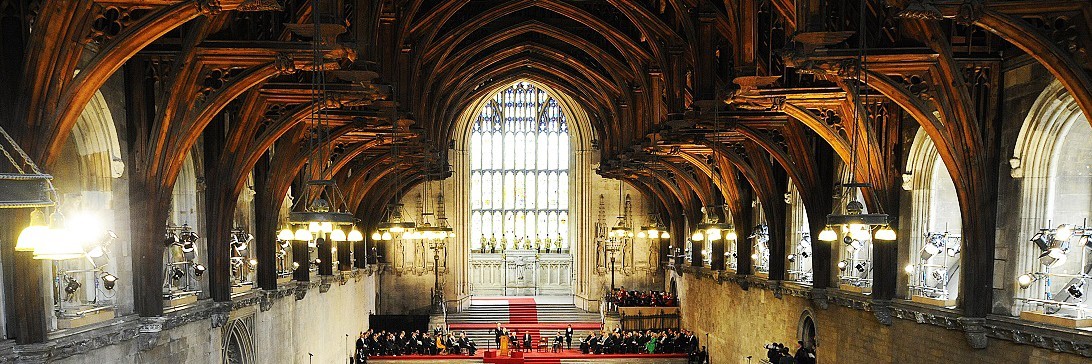The All-Party Parliamentary Human Rights Group (PHRG) had a meeting with Dipendra Jha, leading Nepali Human Rights lawyer, on 3 April 2017 to discuss the human rights situation in Nepal. The PHRG would like to thank Peace Brigades International UK for helping to organise this meeting.
The main points which arose were as follows:
- Dipendra Jha is also head of the Terai Human Rights Defenders Alliance (THRDA) and the Terai Justice Center (TJC), which work on constitutional issues and human rights violations in the Terai region of Nepal, with a focus on indigenous rights, specifically those of Indigenous Madhesis and Tharus.
- Local elections will take place on 14 May. Many in the Southern plains, known as the Terai region, want constitutional amendments before elections take place. If this does not happen, it is feared there may be further violence. Protestors have continued to be killed by police; last year 50 demonstrators protesting about the new Constitution were killed by security forces yet there have been no investigations into these killings or prosecutions. The Nepali security forces need to act with more restraint when policing protests and killings must be properly investigated.
- One of the most challenging areas in Nepal for human rights defenders (HRDs) to work in now is in the south, in Terai.
- The secessionist movement is believed to be growing in this area, especially among the younger generation, who are angry about the killings of youth by police. Former Maoists are also operating in the South. The Nepalese Government is not addressing the needs of excluded and marginalised communities, which has fostered a deep sense of alienation.
- Terai has never been part of India. It is a very fertile region and therefore important for domestic food production. Many Dalits live in Terai.
- The people in Terai are believed to make up 33% of the Nepali population and want proper representation within state institutions, such as the army and the judiciary. The police, the army and the administration come mainly from hill communities.
- The UK Government provides funding to Nepal for security sector reform; the UK Government must ensure any funding to the Nepalese security forces is carefully assessed for compliance with international human rights criteria.
- Other human rights concerns: torture has not yet been criminalised, despite anti-torture legislation pending since 2009. Nepalese women are unable to pass citizenship to their children without the presence of or proof from a father, which has rendered 4.2 million people effectively stateless, and prevents them from accessing state services.
- The Transitional and Reconciliation Commission (TRC) has registered over 58,000 complaints of human rights violations allegedly committed during the decade-long Maoist insurgency, from February 1996 to November 2006. None of the cases have been investigated and, as a result of in-fighting, the TRC is almost defunct. The international community also seems to have lost interest.
- The International Commission of Jurists, which has offices in Nepal, has criticised the Criminal Code Bill, particularly as regards the application of the statute of limitations for enforced disappearances and its failure to criminalize the full range of war crimes, crimes against humanity and genocide.
- The next Nepal UPR is in 2018.
The PHRG will continue to monitor the situation in Nepal closely and to raise its concerns with the relevant interlocutors. The PHRG has also raised greater awareness of some these concerns by tabling Early Day Motion 1165: Representation of People in the Terai Region of Nepal.

